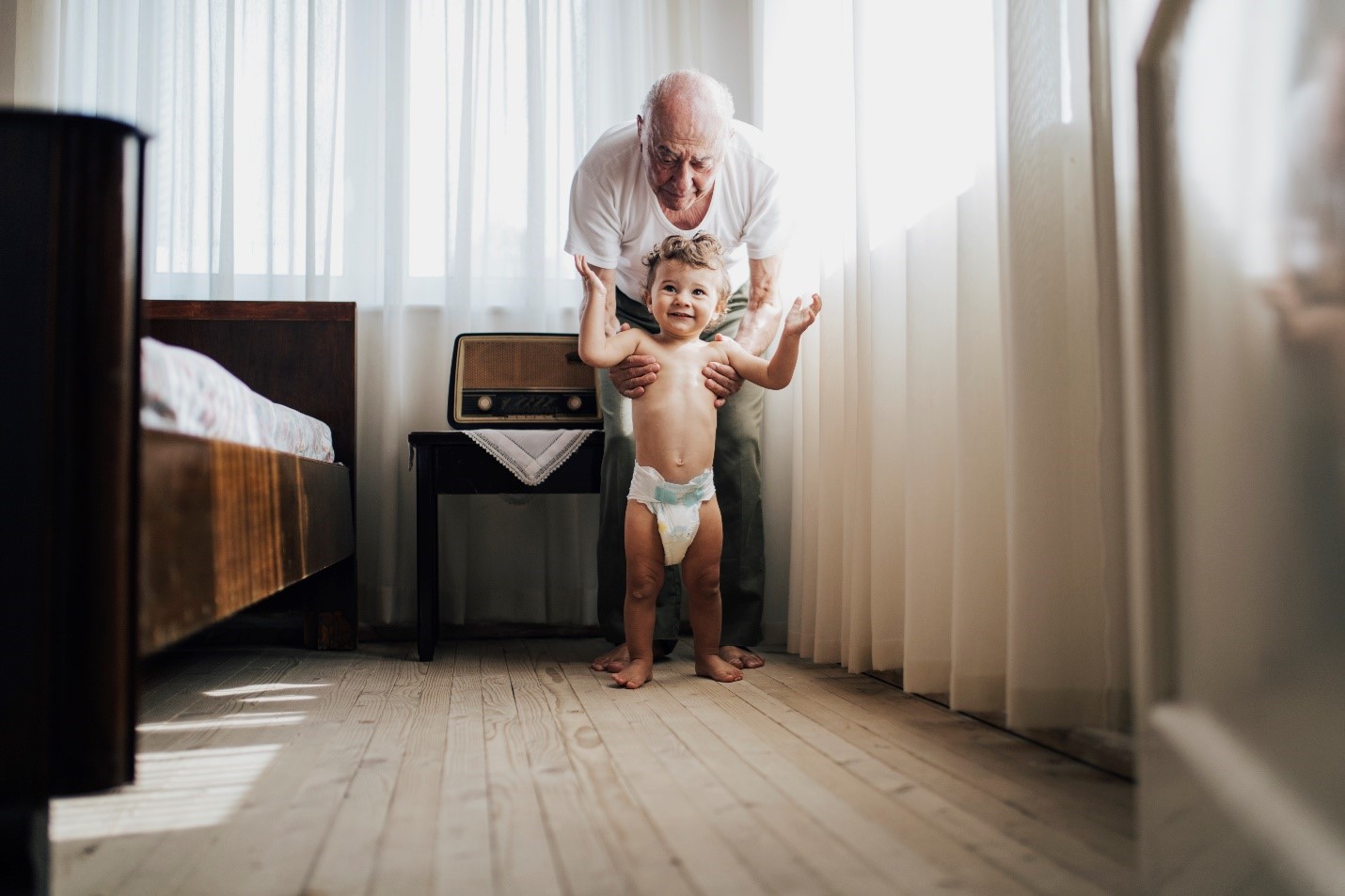Mr. Smith’s daughter contacted us for the first time in several years. “It’s been a long time,” she said, and she told us that her father had just returned from the ER. The doctor informed him of a limited life expectancy, and he wished to spend his last days at home. She asked, “Can you help me?”
I hurried to see Mr. Smith and his daughter. Mr. Smith sat down on a chair and greeted us with a smile. He didn’t look in pain, but once he started moving, his breath rose immediately, and he seemed to have a hard time breathing. The daughter mentioned water in his lungs and persistent leg edema, making it difficult for him to sleep on a flat bed at night.
I immediately reviewed his medication with his daughter and made several suggestions, such as discussing an increase in diuretic dosage with the doctor, renting a bed where he could raise his head, keeping track of his fluid intake and weight, and installing a Coroyawa mat in high-risk areas for falls.
Her daughter chose to take her father home, judging that adequate care couldn’t be received at the hospital. It’s crucial to prepare well for his care at home. If he is suffocating, oxygen won’t reach his brain, leading to blurred consciousness and sudden falls, creating a vicious cycle. I was fortunate to be contacted promptly and intervene in a timely manner.
I was touched by the sight of Mr. Smith, who will be celebrating his 100th birthday this year, smiling at his great-grandson’s face, saying, “I don’t think I’m going to die yet.” We will do our best to make him spend as much time as possible in peace.
